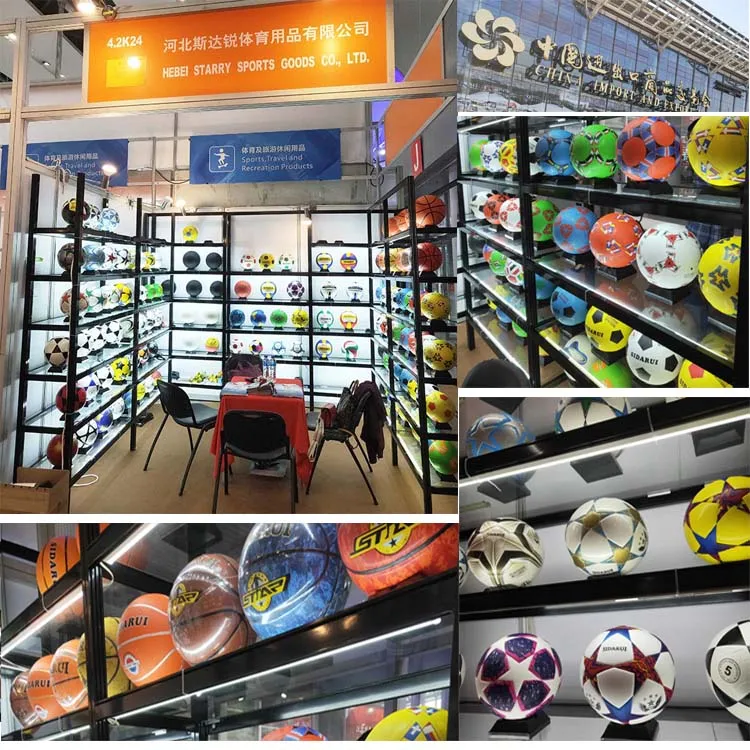Chinese soccer has long been an intriguing subject for sports enthusiasts and market analysts alike. With its rapid development and significant investments, it has captured global attention. Understanding Chinese soccer's development is crucial for stakeholders aiming to engage in this evolving market. This article explores its current landscape, challenges, and opportunities, leveraging the concept of 4EAT — Experience, Expertise, Authoritativeness, and Trustworthiness — to provide a comprehensive analysis.

Chinese soccer's experience can be viewed through its historical milestones and ongoing transformation. Although traditionally shadowed by European and South American leagues, Chinese soccer underwent a renaissance with the launch of the Chinese Super League (CSL) in 2004. The CSL stands out for attracting international stars and experienced coaches with lucrative contracts, creating an enriched experience for local fans. As stadium attendances soar and the fan base grows, China’s love for soccer illustrates an experience-rich environment ripe for investment and development.
Expertise within Chinese soccer is continually evolving, driven by both foreign professionals and domestic talent nurturing programs. Soccer academies, in partnership with global entities like La Liga and Bundesliga, are fostering youth talent. The Genbao Football Base, for instance, has been instrumental in grooming many of China’s top players. Expert international players serve dual roles as team athletes and mentors, uplifting the overall standard of play. The CSL's increased focus on skill development highlights an ongoing trajectory towards higher expertise.

Authoritativeness in Chinese soccer is reinforced by strategic initiatives and policies at the highest levels of government. President Xi Jinping's fervent support for soccer is a testament to its cultural and political importance. Government-backed programs, such as the Football Mid-Term and Long-Term Development Plan, aim to make China a global soccer powerhouse by 2050. With policies supporting infrastructure development and player training, Chinese soccer earns its authoritative position even amid its challenges, including match-fixing scandals and financial issues.
chinese soccer
Trustworthiness in Chinese soccer can be seen through the rigorous reforms and transparency measures implemented in recent years. Efforts to mitigate corruption and enhance accountability have been pivotal. The Chinese Football Association (CFA) is making strides to ensure regulatory compliance, competitive fairness, and sustainability within clubs. Sponsorship deals with reputable global brands also underscore the trust placed in Chinese soccer’s future. Continuous improvement in governance and management transparency suggests a positive trajectory towards greater trustworthiness.
Product opportunities within Chinese soccer are vast and varied, spanning merchandising, digital content, technology, and more. The burgeoning e-sports and online streaming markets present novel avenues for fan engagement and revenue generation. Products like VR-based match experiences or integrated fan engagement platforms cater to a tech-savvy audience eager for immersive experiences. Additionally, partnerships with global sporting brands in merchandise provide significant potential, capitalizing on rising fandom and digital commerce.
In conclusion, Chinese soccer's dynamic landscape, characterized by rich experience, developing expertise, authoritative backing, and evolving trustworthiness, presents a fertile ground for innovative products and engagement strategies. Stakeholders keen on this market must navigate its complexities with informed strategies that resonate with local enthusiasts and utilize cutting-edge technology. The essence of Chinese soccer lies not only in its growth but in the opportunities it offers for those willing to invest strategically in its promising future.













